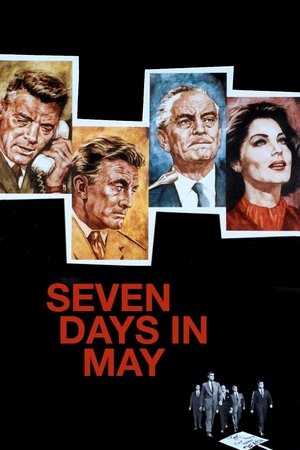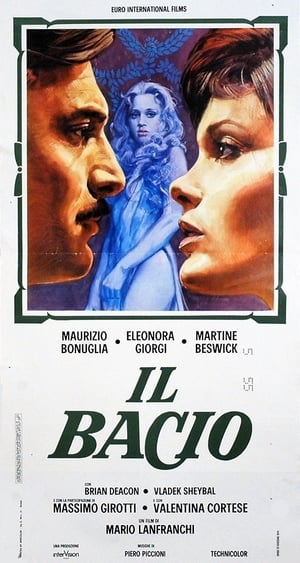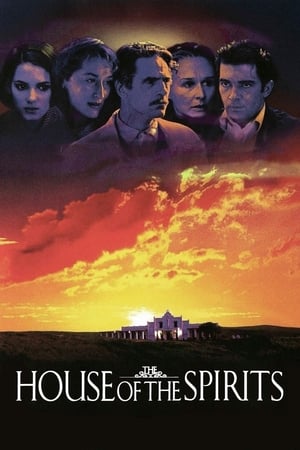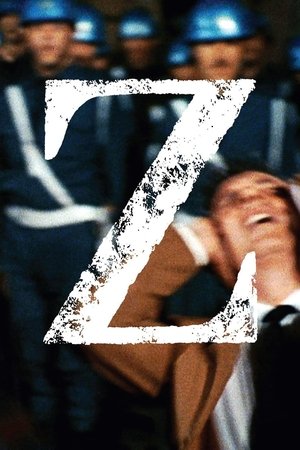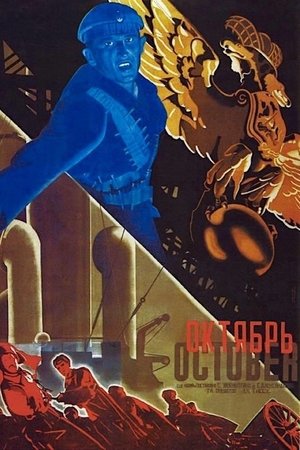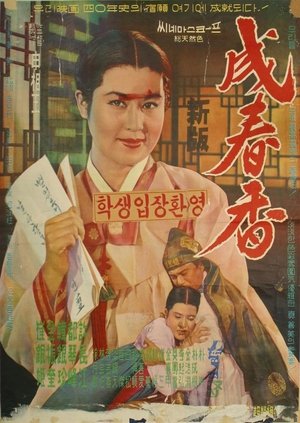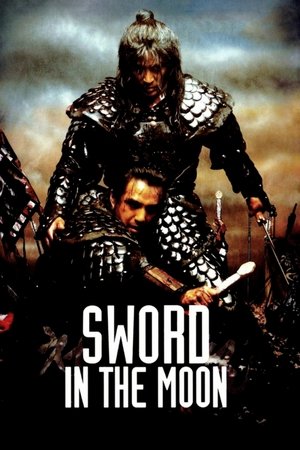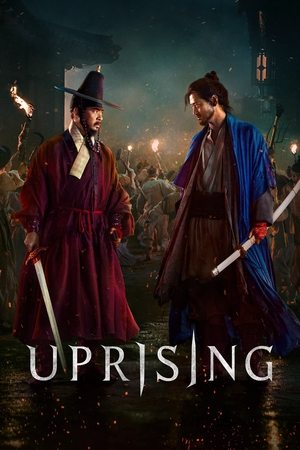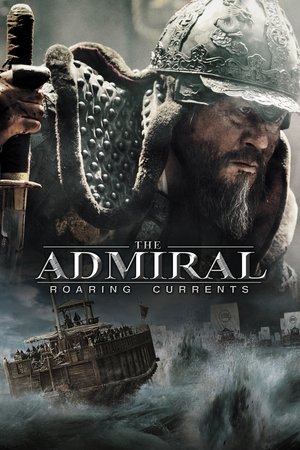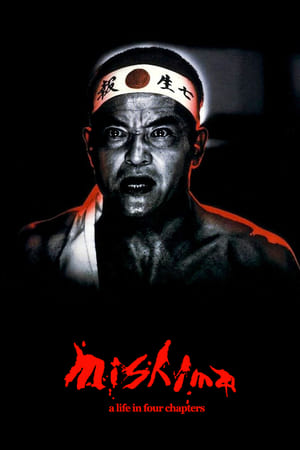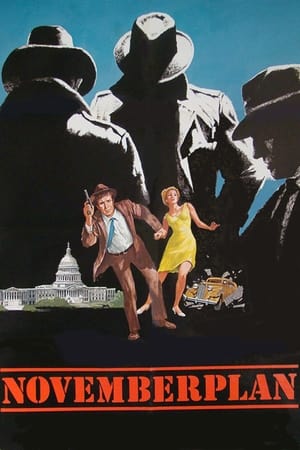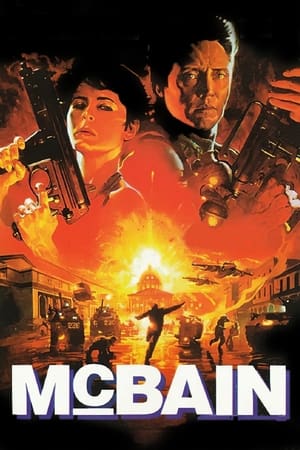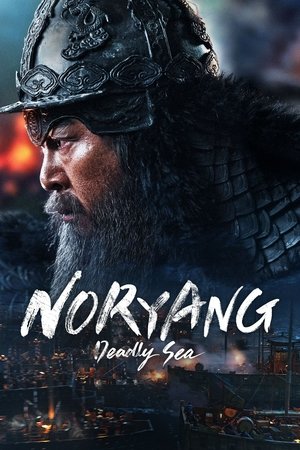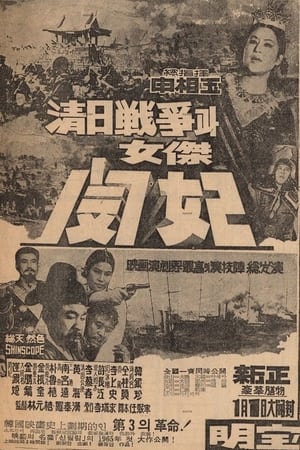Overview
Dedicating his days to art, Prince Anpyeong leaves matters of the kingdom to his elder brothers, King Munjong and Prince Suyang. But after dreaming of a utopia in a peach grove and commissioning a painting of it, Anpyeong begins involving himself in politics, driven by the desire to turn his dream into reality for his nation. When Suyang steps in to manifest his own dreams for Joseon, the fate of the kingdom and their own lives hang in the balance, testing their brotherhood to the breaking point.

 Korean
Korean
 0
0
 2014
2014
 South Korea
South Korea

